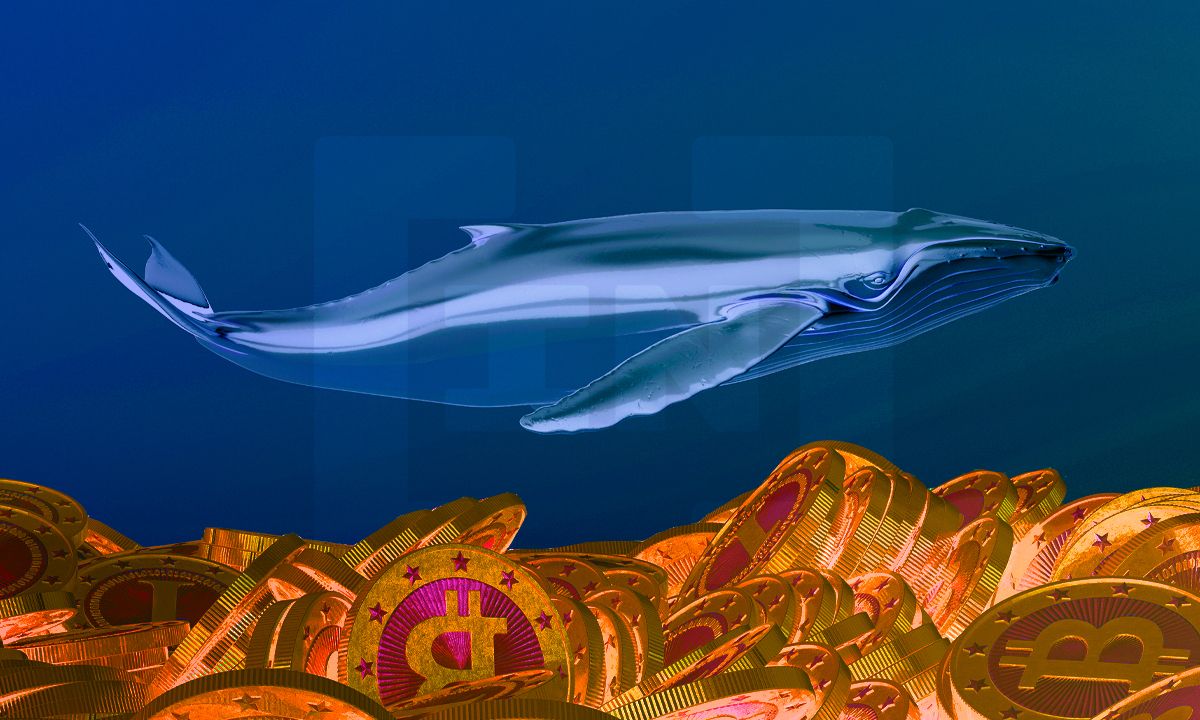The non-fungible token (NFT) market is generating immense hype. This hype towards collectible tokens and their technology makes it appear that everyone is in the market for an NFT. However, it’s clear that’s not the case.
The cumulative value of crypto art sales is estimated at more than $638 million. With the likes of celebrities such as Ellen Degeneres to Paris Hilton all engaging in the market.
Beyond the hype: Who is really buying NFTs?
Nearly every day it feels as though there’s news about a new collectible NFT. These are representations of a non-fungible item such as a piece of art, property deed, or a physical item that is typically tokenized on the Ethereum blockchain.
Andy Murray’s Wimbledon NFT sold for close to $178,000. The Charlie Bit My Finger video on YouTube went for more than $760,000. Twitter recently gave away 140 free NFTs, one of which sold for $110,000. Pocket money when you think about the massive $69 million sale for artist Beeple’s Everyday’s: The First 5,000 Days NFT.
Yet, despite all the noise the NFT market has made, 50% of NFT sales on marketplace Rarible are made up of just 2.3% of sellers and 50% of sales on NFT platform OpenSea consist of 1.9% of sellers.
But what does this mean exactly?
Awareness vs. engagement
It illustrates that everyday people outside of crypto aren’t aware of how they can engage in the market. In fact, the majority making money from NFTs are crypto whales.
For instance, the top 20% of Rarible and the top 20% of OpenSea users have a combined $320 million and $210 million, respectively, in ERC-20 reserves in their wallets.
Regardless of this, though, there is an increasing demand for NFTs. $2.5 billion in sales in the first half of 2021 compared to $13.7 million during the same period in 2020, according to the latest figures.
Amid all the buzz and excitement that NFTs are experiencing, it shows they have become the latest hype cycle in crypto.
It’s following a string of others: the ICO hype, which gave way to the DeFi hype. This was followed by a downturn, and then the DeFi summer, which led to enthusiasm for yield farming.
However, for NFTs to be the breakout crypto category that holds the attention of the mainstream, barriers to adoption need to be broken down. The task we have is figuring out how.
What’s wrong with the current NFT market
The groundwork for NFTs established itself in 2013, thanks to Colored Coins, which showed the market’s want for non-fungible assets.
However, it wasn’t until CryptoKitties came along with the first-ever NFT minting in 2014. This was followed by CryptoPunks and the launch of CryptoKitties in 2017 before interest waned throughout 2018 and 2019.
It wasn’t until 2020 that popularity for NFTs increased again. This was aided by the NBA’s NFT product NBA Top Shot. A league-promoted, collectible items platform, in addition to engagement from celebrities and media attention.
However, because of the perceived accessibility and understanding of NFTs, interested users are keen to get involved.
For this to happen, though, they need to learn to purchase crypto. This is something that remains foreign to many despite the wave of mainstream adoption that crypto is experiencing.
That, however, is only part of the problem. Once users eventually download a wallet or create an account on an exchange, they face issues of network congestion and gas fees. These may further complicate their NFT journey.
Making NFTs more accessible to the mainstream
Measures are being put in place to mitigate these issues and make the user experience smoother. For instance, lower gas fees and a simplified user interface.
In addition to a one-click sign-in option for applications such as MetaMask, a software crypto wallet, will facilitate user adoption of NFTs. Platforms such as OpenSea and Rarible are already leading the way with this.
Artists can benefit as well by having greater access to invite-only NFT platforms such as Foundation, MakersPlace, NiftyGateway, and SuperRare.
Additionally, the introduction of cross-chain composable NFTs that can easily move around different blockchains will benefit artists and users. A multi-chain API that allows developers to retrieve data from different blockchains, making it readily available for projects to go cross-chain, would aid this.
Those in the crypto space know the strength of the market and the projects within it. Unfortunately, it’s the mainstream that is likely to label each new buzzword as hype until more efforts are made to make the sector more sustainable.
Only after captivating mainstream attention, will the industry have a chance of attracting new users rather than just crypto whales, thus helping the market grow to new heights.
Disclaimer
In compliance with the Trust Project guidelines, this opinion article presents the author’s perspective and may not necessarily reflect the views of BeInCrypto. BeInCrypto remains committed to transparent reporting and upholding the highest standards of journalism. Readers are advised to verify information independently and consult with a professional before making decisions based on this content. Please note that our Terms and Conditions, Privacy Policy, and Disclaimers have been updated.


